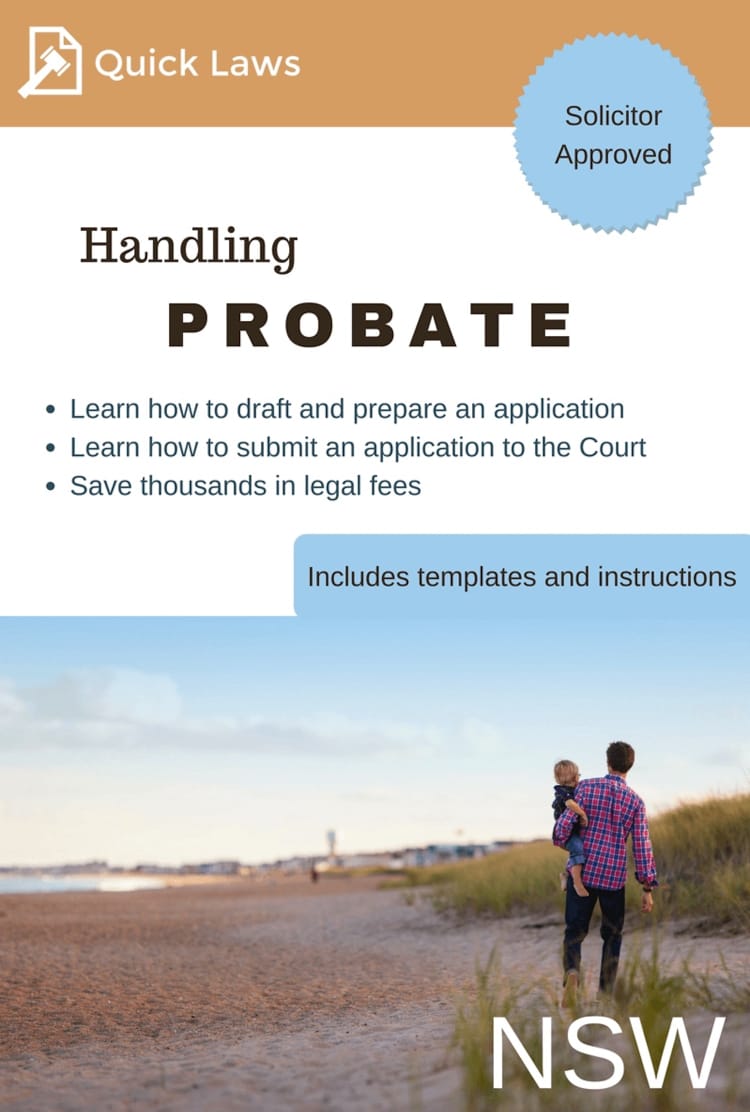When someone close to you dies and leaves behind a will, mentioning you or more of your family member as an executor, you are automatically important for many of the work that is associated with their assets. Generally, the next of kin is mentioned in the will, who later takes care of the estates, debts, assets, taxes, etc. There are various things that you must know if you are termed as an executor.
Do the executors get paid?
You will only be paid for the time that you spend as an executor, only if it is specifically mentioned in the will. Also, you do have the right to apply to the NSW or the supreme court for getting the commission, this can be done regardless of what is mentioned in the will. The court does not award any payment to the executor if they are already a beneficiary under the will.
Can a person bail out of being an executor?
There are situations where the person does not want to get involved or is overwhelmed with the responsibilities. They want to get out of being an executor, this can be done by signing a renunciation and then filing it in the supreme court. You need to do this as early as possible since the renunciation might not be valid if you have completed half of the executor’s duties. A solicitor will help you in such situations.
The first step as an executor: As an executor, the very first step you take must be making a list of everything that the deceased owned, including the payments, assets, etc. This list is also called an inventory of the property, these can be:
- Real estate
- Car
- Home
- Furniture
- Money
- Jewelry
- Bank accounts
- Household appliances
- Outstanding work entitlements
- Shares and other investments
- Superannuation
- Insurance policies
In case there is more than one beneficiary under the will, you will have to get some items valued.
Applying for probate:
Probate is nothing but a court’s order declaring that the will is valid and any of the mentioned executors will have the right to administer the estates or property. Before you accept your role as probate, you will have to publish your intentions and need to visit the supreme court for the same. After fourteen days, you can apply for the probate by lodging the correct forms at the probate registry of the supreme court. You will need to lodge:
- The inventory of property
- An executor’s affidavit
- Proof of death
- The original will
Fees for the probate:
Once you are appointing NSW probate, you will have to pay a certain fee while lodging the probate forms. In the case of small estates, the court makes an exception and lets you access money from the deceased’s funds before the court grants probate.
After obtaining probate, you will have the right to sell the deceased’s assets and the money will be distributed amongst the beneficiaries. You may also contact the companies or banks in which the deceased had money, this is done to release their funds.
Paying debts and expenses:
After the supreme court has granted the probate, you need to pay the deceased’s debts and expenses before you plan to give away any money or assets. To do this process, you will have to open a bank account in the name of the estate and then you can deposit their money into it. This can be done both, by selling any of the deceased’s assets or from the bank accounts. If you have a solicitor, the firm will have a trust account that can be used to deposit the money. There are a set of orders that are used for paying debts which are:
- Administration expenses are the legal costs in obtaining other debts.
- Funeral expenses, you can pay even before the probate has been granted.
- Other debts
- Outstanding tax, capital tax, including income tax.
Preparing a distribution report:
Once you have paid the deceased’s debts and sold the assets, you will have to prepare a detailed report of all the assets they owned and the money that you received from selling each of the assets, and the number of debts you paid. This kind of report is regarded as a distribution report. You need to give a copy of this distribution report to each of the beneficiaries when you pay them for their share of the estate.
Distributing the assets:
You can give the deceased’s possessions and money away in line with the will, six months must have passed since the deceased died. Within the time you can ask anyone with a claim against the estate and this must be notified within 30 days.
How your solicitor can help:
The solicitor can help guide you through each of the stages of your journey as an executor, which will include:
- Helping you in applying for the probate and completing the various probate forms.
- Informing you of your several rights and responsibilities.
- Advise you on any potential tax complications.
- Helps you to identify and collect the deceased’s property or assets.
- Assisting you to resolve any given claims set against the estate.
- Advise you on the correct order to distribute the assets or pay the debts.
- Helping you to draw up a distribution report and to keep a statement of assets.
Being the next of kin, you have the right to go for an NSW probate and seek assistance to do the work properly. You must appoint the most experienced and skilled solicitor in town. You can look it up online or can ask for recommendations as well. Make sure to check their license, bond, and experience before hiring them for your work. These works require precise details and understanding of the roles and responsibilities and thus you must seek guidance from someone who knows everything about it.



